
Kai Cenat makes fiery remarks about Fortnite streamers, including Clix and Agent, Internet says 'he doesn't even make sense'
In a recent livestream, Kai Cenat targeted Fortnite streamers, including Clix and Agent, calling them streamers rather than gamers
2023-11-19 23:21

Morning-after pill more effective when taken with painkiller: study
Women who took a prescription painkiller alongside a morning-after pill had more success preventing pregnancies than those who only took the emergency contraceptive, according to a...
2023-08-17 13:57

Kelly McGillis Then and Now: Stunning transformation of 'Top Gun' actress over the years
Kelly McGillis believes she was not called back for 'Top Gun: Maverick' due to her age and looks
2023-10-29 23:17
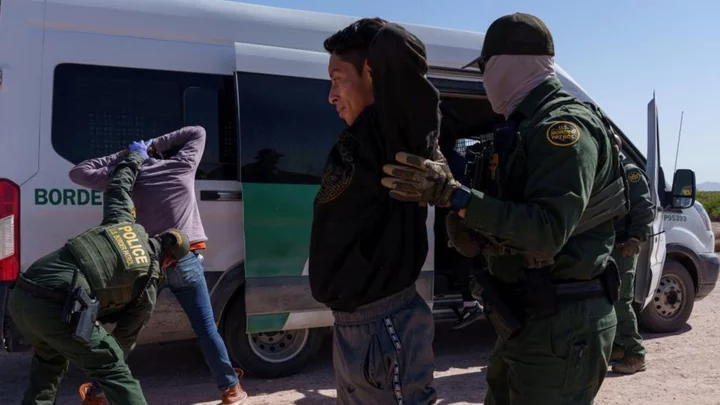
US Immigration: What happens when Title 42 is lifted?
US officials are expecting the flow of would-be migrants and asylum seekers to spike after 11 May.
2023-05-09 00:24

Argentina allows morning-after pill to be bought over counter
The health ministry says making the pill more easily available "removes an important barrier".
2023-06-01 14:17

Fans support Mike Tyson as co-flyer demands $450K over in-flight confrontation, former boxer's lawyers call it 'shakedown'
In a letter to Alex Spiro, who represents Mike Tyson, Melvin Townsend's attorney demanded a settlement of $450K in exchange for Townsend not filing a lawsuit
2023-12-01 20:52
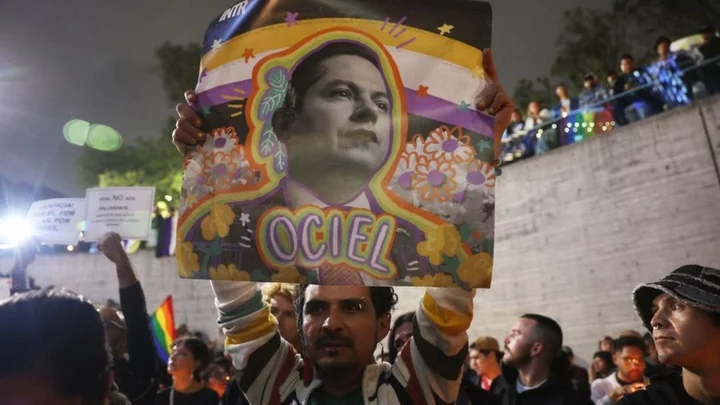
Mexico: Murder suspected in non-binary magistrate Jesús Ociel Baena's death
Mexican authorities say they suspect Jesús Ociel Baena was killed by their partner, who also died.
2023-11-15 10:45
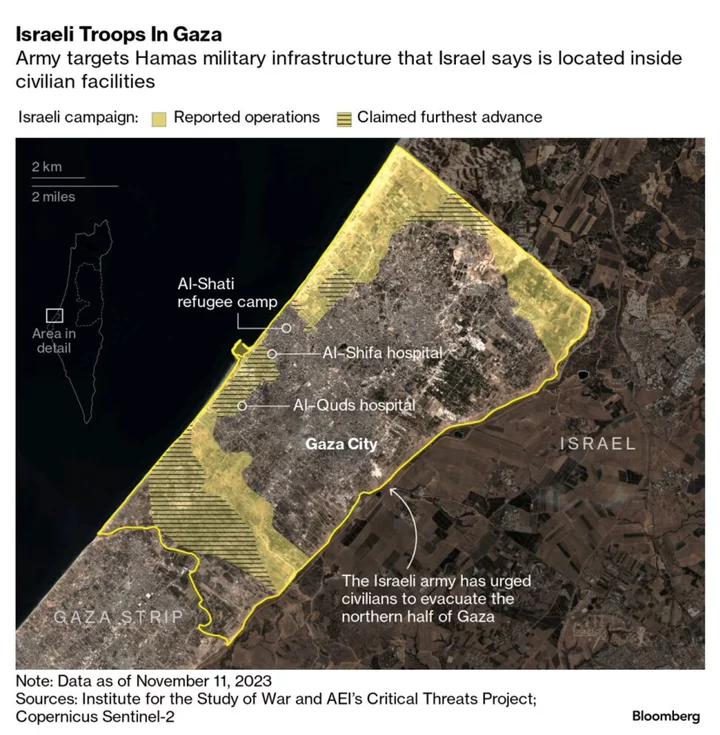
Israel Latest: US Pressures Hamas With New Round of Sanctions
The US imposed fresh sanctions on Hamas in response to its attack on Israel, targeting the militant group’s
2023-11-14 23:19

Maine Senate joins House in supporting greater access to abortions
The Maine Senate has joined the House in voting to expand abortion access
2023-06-28 03:48

Should domestic abusers have guns? US Supreme Court will decide in United States v Rahimi
Zackey Rahimi's appeal, if successful, could have far-reaching implications in the US firearms debate.
2023-11-08 05:26
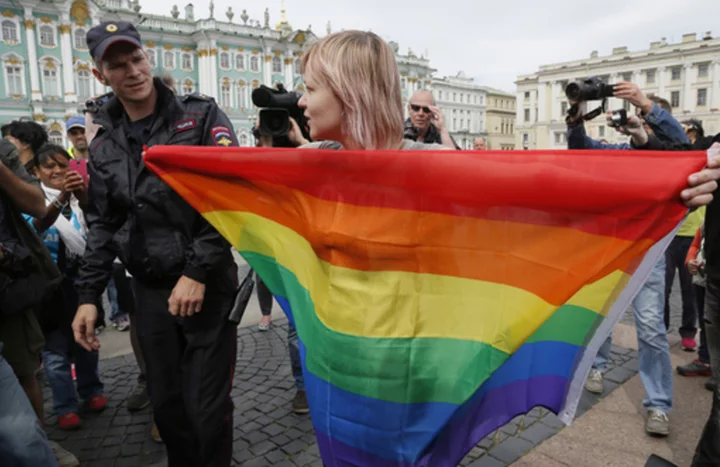
Russian president signs legislation marking the final step outlawing gender-affirming procedures
Russian President Vladimir Putin has signed new legislation that marked the final step in outlawing gender-affirming procedures, a crippling blow to Russia’s already embattled LGBTQ+ community
2023-07-25 01:55
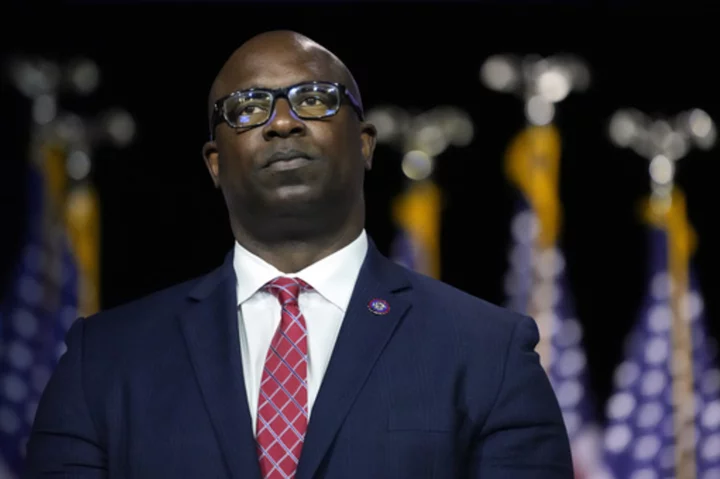
Rep. Jamaal Bowman pleads guilty to a misdemeanor for pulling a fire alarm in House office building
Democratic congressman Jamaal Bowman has pleaded guilty to a misdemeanor count for triggering a fire alarm as lawmakers scrambled to pass a funding bill before a government shutdown deadline in September
2023-10-26 22:53
You Might Like...

Abby Grossberg: Fox News settles harassment lawsuit for $12M with fired producer who sued Tucker Carlson

Tiffany Haddish ‘regrets’ being in the news after DUI arrest, relieved 'no one was hurt by her mistake'

Texas judge blocks state ban on gender-affirming care for minors

D-backs' Zac Gallen loses World Series no-hit bid on Corey Seager's leadoff single in 7th inning

Rachel Morin's sister shares behavioral profile of killer, claims he has psychopathic traits

How often should you wash your pyjamas?
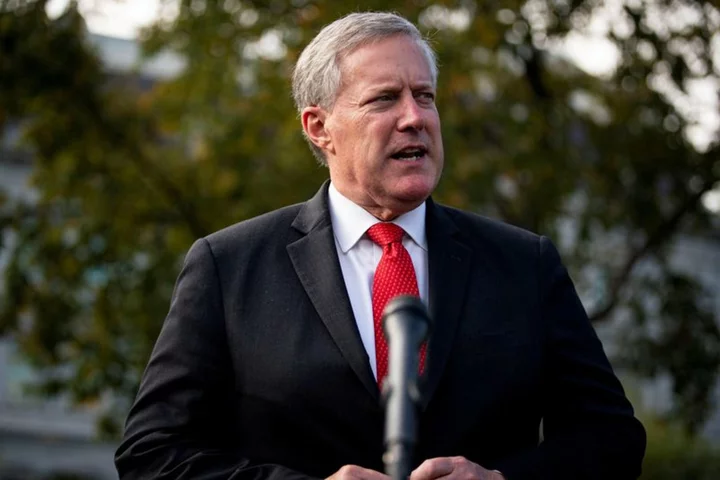
Meadows seeks dismissal of Georgia charges against him

Andrew Tate encourages fans to embrace 'discipline' and avoid being 'average' to achieve success, trolls say 'philosophy is not your forte'
